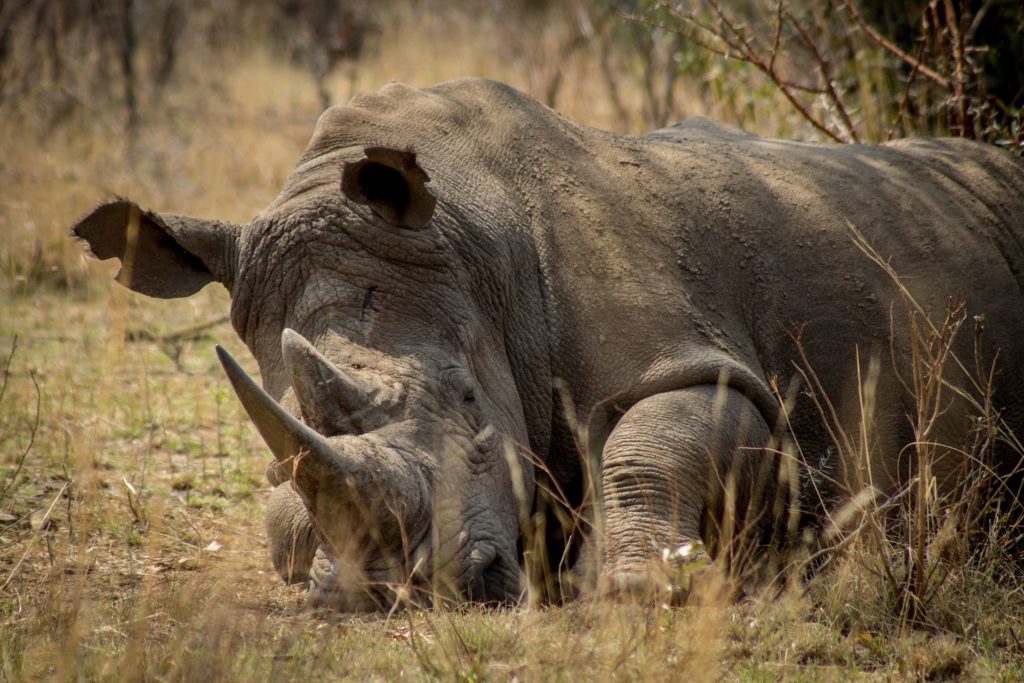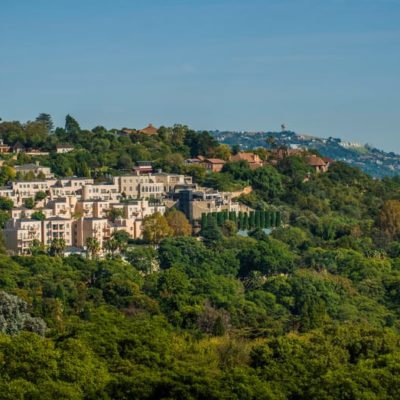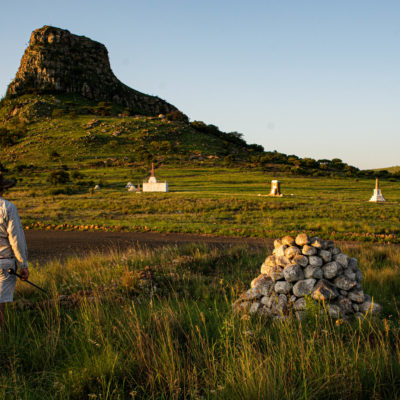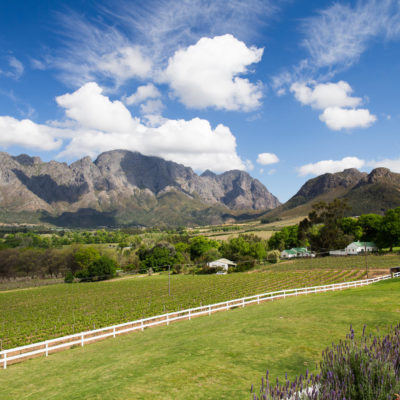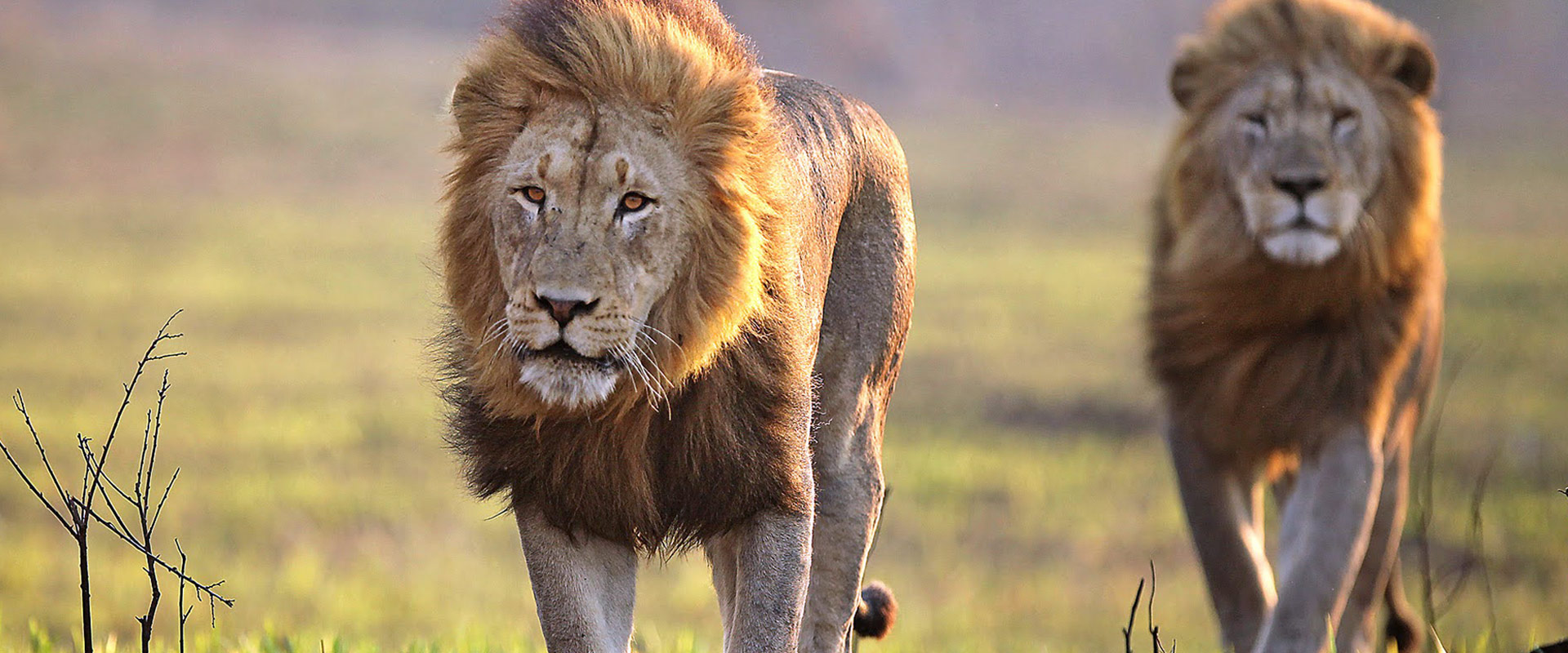
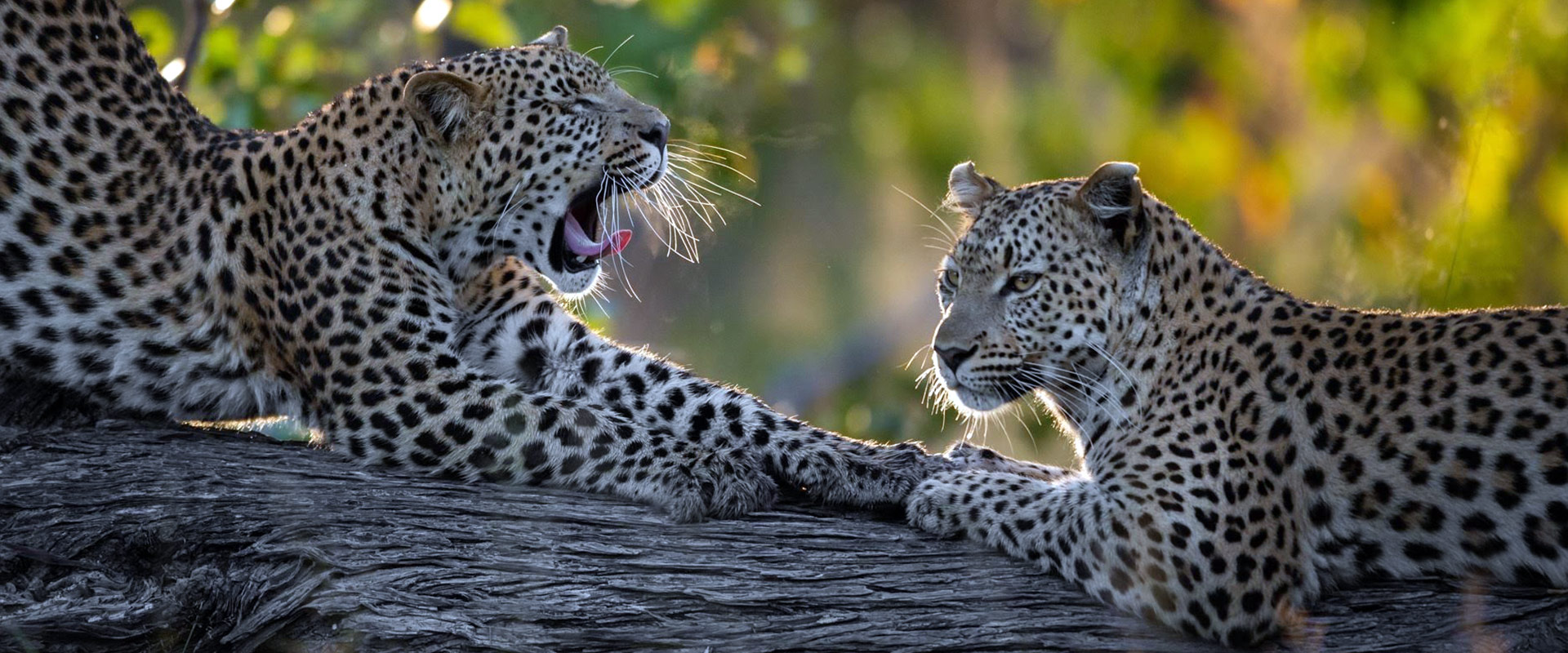
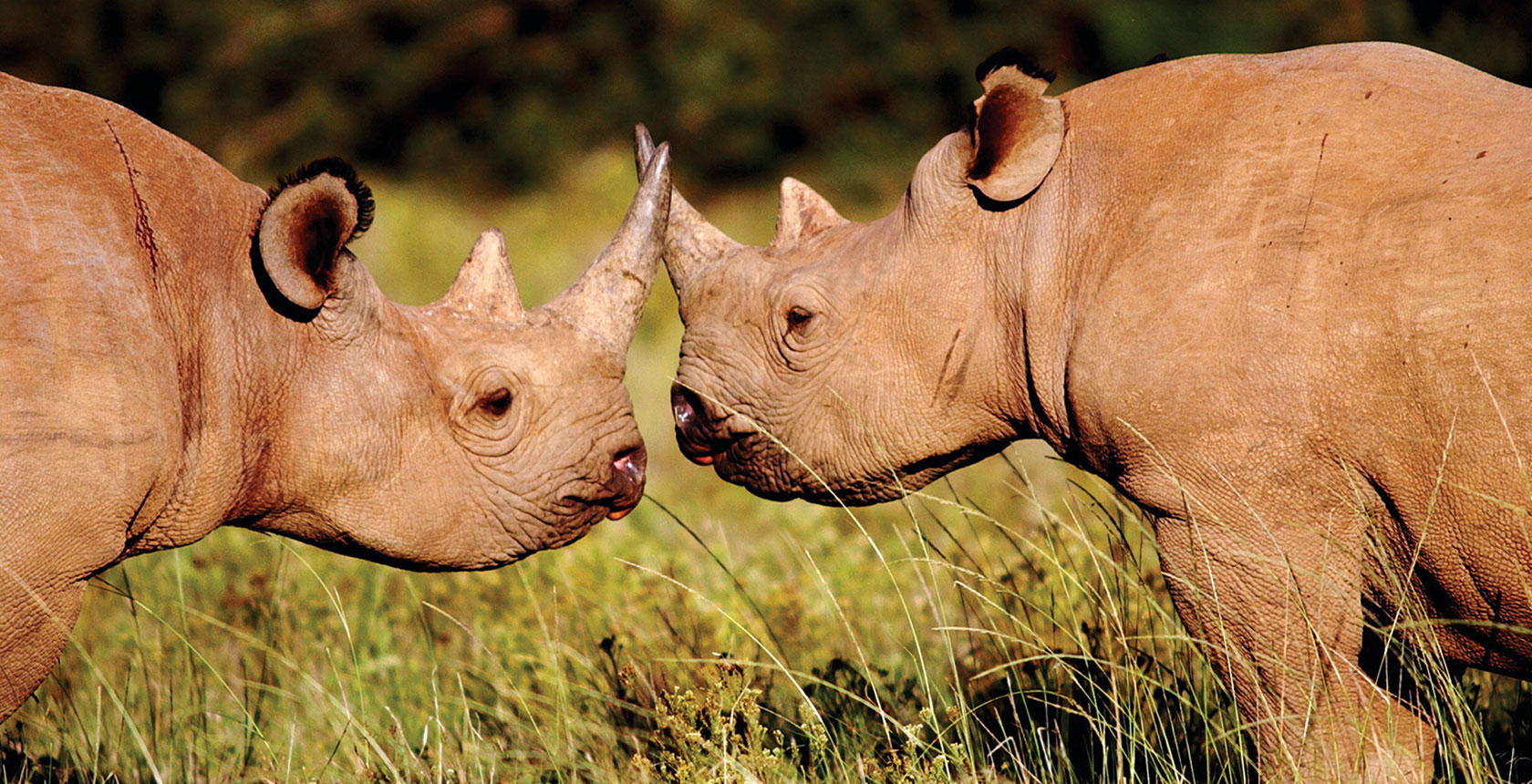
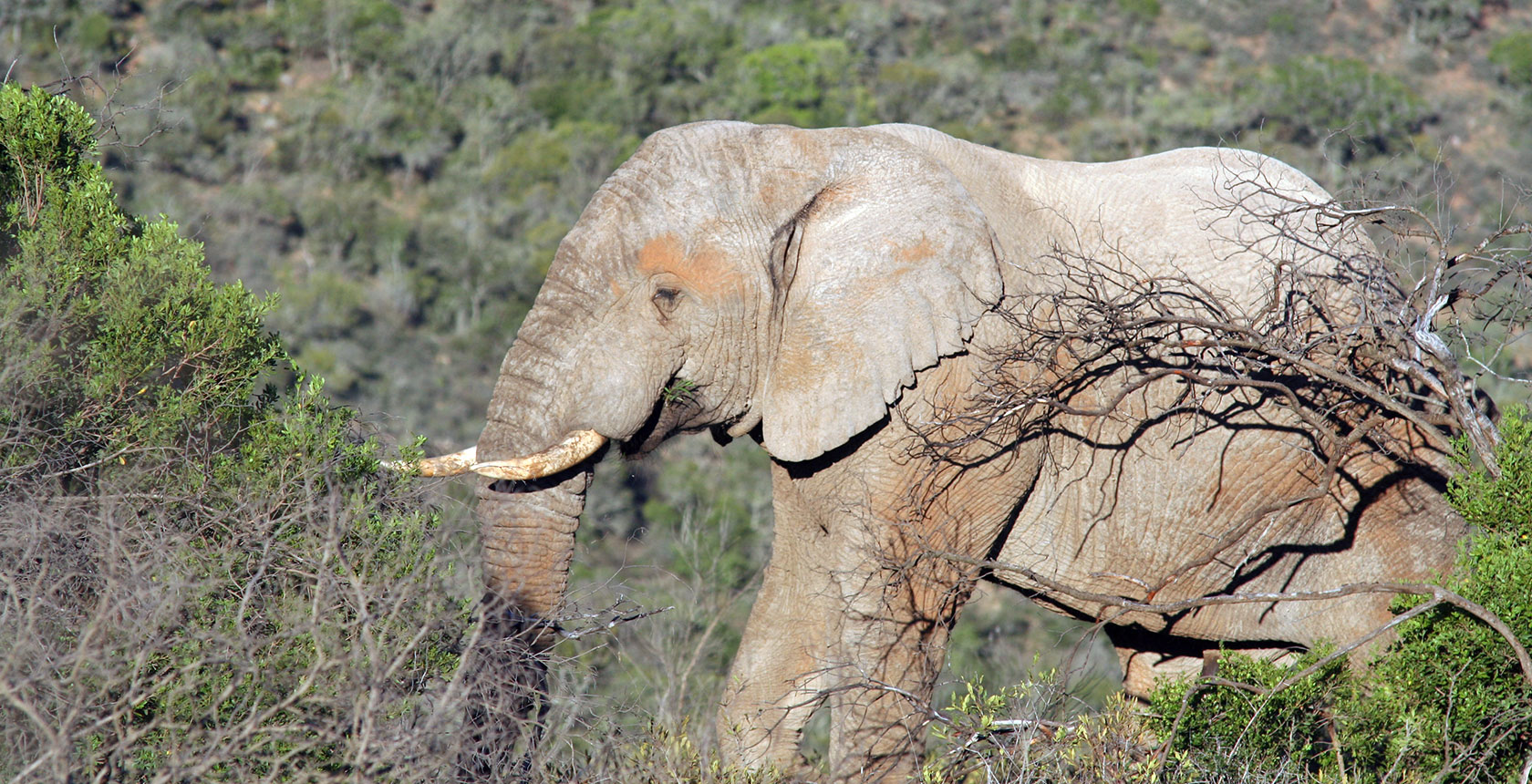
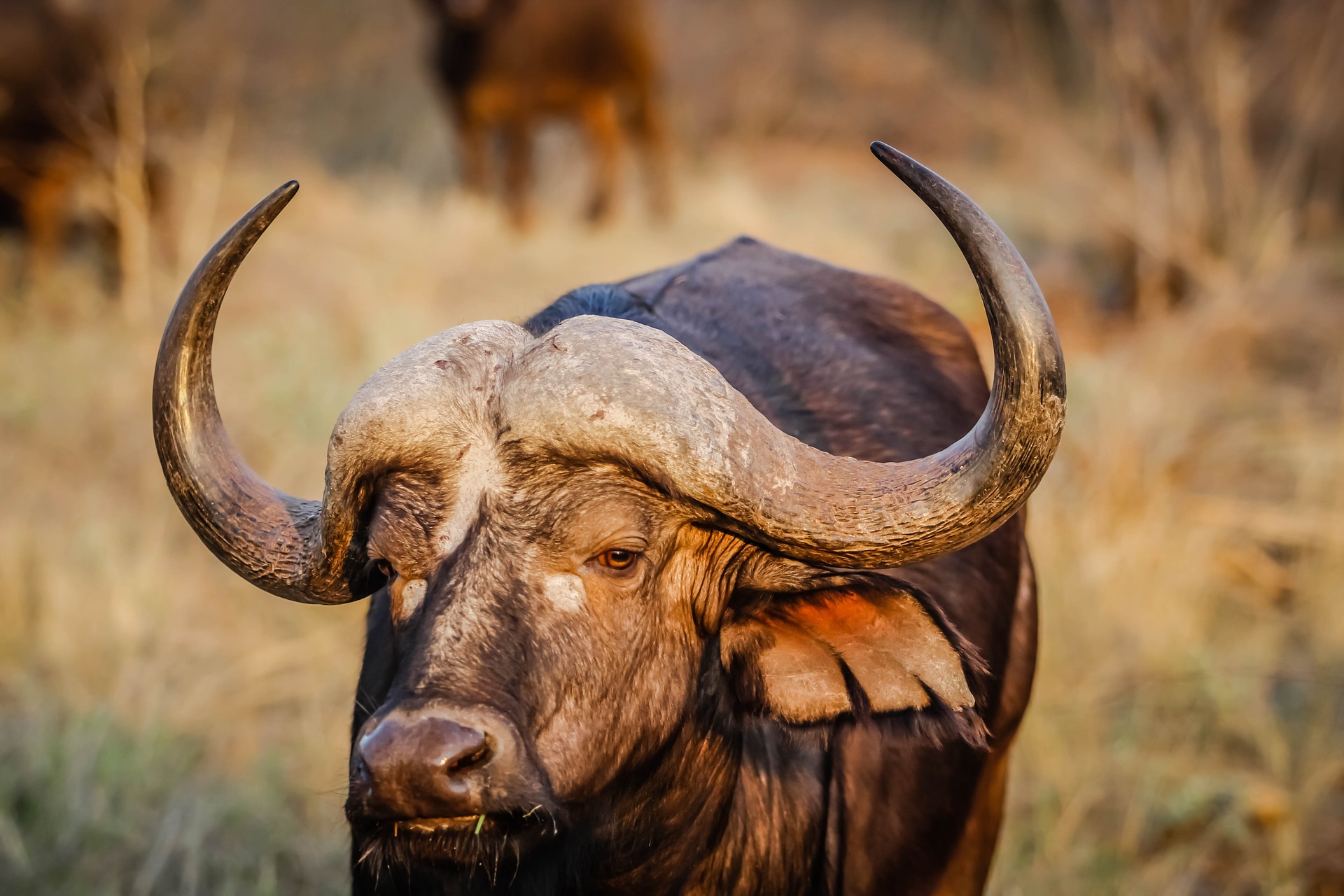
South Africa: Redemption of the Big Five
The tribulation and redemption of the Big Five – from origin to hunting, to tourist impact and conservation programmes. The notorious term for the animals once described a hit list rather than a safari checklist; coined in the late 1800s during Africa’s colonial period. The ‘Big Five’ refers to what trophy hunters thought to be the most challenging and dangerous animals to hunt.
The iconic Big Five game animals consist of the African Lion, Leopard, Rhinoceros (both south-central black and southern white species), Elephant, and Cape Buffalo. South Africa boasts being one of the most reliable and renowned African countries to spot all the Big Five.
Kruger National Park is home to all Big Five animals; this very well managed environment is one of the largest game reserves in Africa. Imbued in legend and history, the iconic Kruger National Park in Northern South Africa is home to vast landscapes and spectacular African wildlife – covering nearly 2 million hectares of unrivalled diversity. From megafauna and indigenous vegetation to archaeological sites, the world-renowned park offers a wildlife experience that ranks with the best in Africa.
Trophy Hunting
Many Trophy Hunters will argue that they generate fees in order for game reserves to stay open, or that hunting protects the ecology and aids conservation. However, many of the animals being targeted are now endangered, and the claims made that trophy hunting somehow benefits conservation have been debunked.
“The argument was put forward in the 30s when the South African government wanted to put an end to hunting. The hunters won the argument on the basis that hunters provided a service by culling animals. Today, with most of these animals nearing extinction levels, the argument is not so much about saving the animals and their habitat, as it is about the billions it makes for the hunting industry.” Slaughter of the Innocents — Hunting the Big Five | by Tessa Schlesinger | Humans being Humane | Medium
The countries that provide the means to hunt for trophies are primarily South Africa, Canada, Mozambique, Namibia and Zimbabwe. Though, the majority of people in these countries do not support the practice. In South Africa, 65% of the population are opposed to hunting, yet the government has taken no actions against it.
Moral issues aside, the crux of the matter is that these absurd trophy hunts amount to a one-off payment, whereas any of the Big Five can earn a substantial amount of money from traditional ecotourism for many years to come – more sustainable and plausible. Game hunting may help conservation in the short term when managed appropriately; however, there are far superior and ethical ways to help the Big Five that are more appealing to animal lovers.
“As a civilization that has the ingenuity to put people and machines into space, split the atom, and routinely send unimaginable amounts of information through the ether, surely we can think of a better way to save the wild animals we love besides killing them.”
Big Five Conservation
The Black Rhinoceros is now listed as critically endangered; African Elephants are vulnerable, as are the African Lion and Leopards. The Cape Buffalo are the only species from the Big Five listed as least concern. Rhino poaching in Africa, and particularly in South Africa, has now reached epidemic proportions and continues to escalate daily. Inevitably, one subspecies of Rhino was declared extinct in 2011, largely caused by the poaching of their horns.
In March of 2016, rhinos at the Sibuya Game Reserve Sibuya Game Reserve – River Camp, Forest Camp or Bush Lodge suffered a horrific poaching attack, resulting in three of their rhinos being slaughtered and their horns removed.
Anti-poaching rangers continue to put their lives on the line daily, often hopelessly outnumbered and outgunned, in a determined effort to fight back.
Thus, Sibuya proudly hosts the Rhino Foundation Sibuya Rhino Foundation, and manages a dedicated Rhino conservation team – allowing the passionate members to protect these herbivorous mammals throughout Africa, especially South Africa. Without rhinos, there’s no such thing as a Big Five experience.
